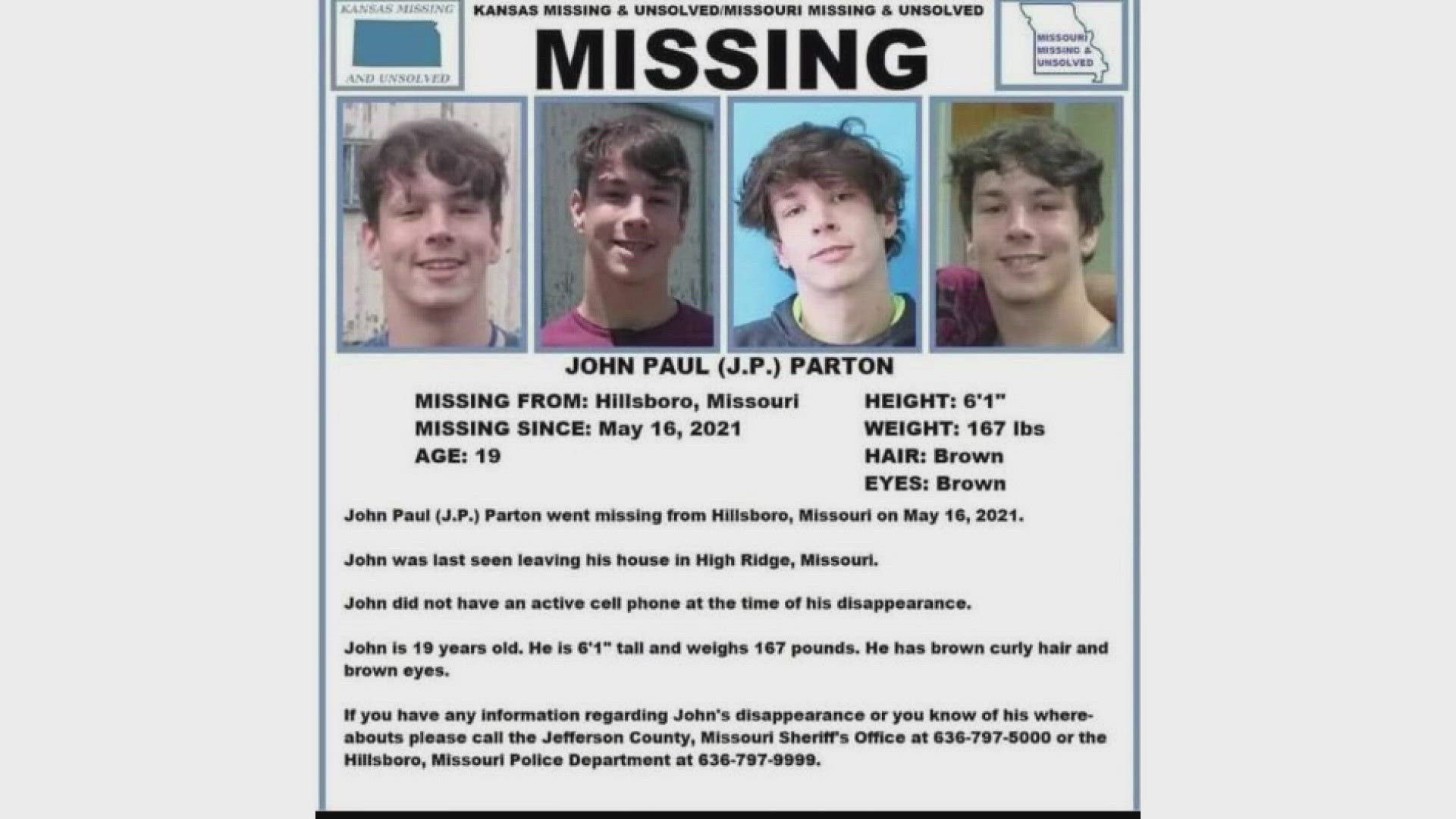Having a poor credit score doesn’t necessarily mean that owning a home is beyond your reach. There are several types of mortgages that can work for borrowers with poor credit, and there are organizations that can help homebuyers get assistance with their down payment or find lenders willing to work with them.
Here are just a few of the options available to you:
FHA loans
These loans, insured by the Federal Housing Administration (FHA), have much more flexible lending requirements than you’ll find with conventional mortgage loans.
If you have a credit score of at least 580, you might qualify for a FHA loan that requires a down payment as low as 3.5 percent. If you have really poor credit — 500 to 579 — that doesn’t mean you’re definitely ineligible, but you will have to scrape together a bigger down payment — at least 10 percent.
There are some caveats to FHA loans. For starters, you’ll have to pay both an upfront mortgage insurance premium (typically about 1.75 percent of your base loan amount) and ongoing annual mortgage insurance (0.85 percent for loans less than $625,500).
VA loans
VA loans are reserved for eligible veterans and do not require a down payment or mortgage insurance. However, they do charge a one-time funding fee of 1.25 to 2.4 percent of the loan amount.
There isn’t a set minimum credit score for VA loans; the lenders who offer these loans will have their own credit requirements.
You can locate a VA-approved lender near you via LendingTree.com, MagnifyMoney’s parent company.
Good Neighbor Next Door program
The Good Neighbor Next Door program is offered under by Department of Housing and Urban Development (HUD) and it’s reserved for teachers, law enforcement officers, firefighters and emergency medical technicians.
It comes with two big incentives: Eligible borrowers can qualify for 50 percent off the list price of the home if they commit to using the property as their sole residence for 36 months; and homes can be bought with as little as $100 down.
The program’s purpose to to help revitalize parts of the country that may have a history of low homeownership rates and high foreclosure activity.
You don’t have to be a first-time buyer to qualify. Check the listings in your state to find an eligible property.
What if you have a bankruptcy or foreclosure in your past?
You’re not out of the game, but you will likely have to wait a while before lenders will seriously consider you for a mortgage loan. However, some borrowers might qualify for an exception.
Foreclosure: Generally, there is a three- to seven-year mandatory waiting period. Some traditional mortgage lenders may require a borrower to wait the full seven years after a foreclosure before they can get approved for a new mortgage.
| Type of Mortgage | Waiting Period After Foreclosure |
|---|---|
| Conventional | 2 or 4 years: If foreclosed property was discharged in bankruptcy; 7 years: All other cases |
| FHA | 3 years |
| VA | 2 years |
| USDA | 3 years |
Bankruptcy: Generally, you’ll have to wait two to four years, though some lenders may cut you some slack. For example, if the bankruptcy or foreclosure was due to job loss or medical issues, the lender may ask for an “extenuating circumstances letter.” This is an explanation of the events that led up to the bankruptcy or foreclosure. The lender will also request documentation to support your claims. If they can show that you lost the home or filed bankruptcy because of reasons beyond your immediate control, they may give you a break.
| Type of Mortgage | Chapter 7 | Chapter 11 |
|---|---|---|
| Conventional | 4 years | 4 years |
| FHA | 2 years | N/A |
| VA | 2 years | N/A |
| USDA | 3 years | N/A |
MagnifyMoney is a price comparison and financial education website, founded by former bankers who use their knowledge of how the system works to help you save money.



